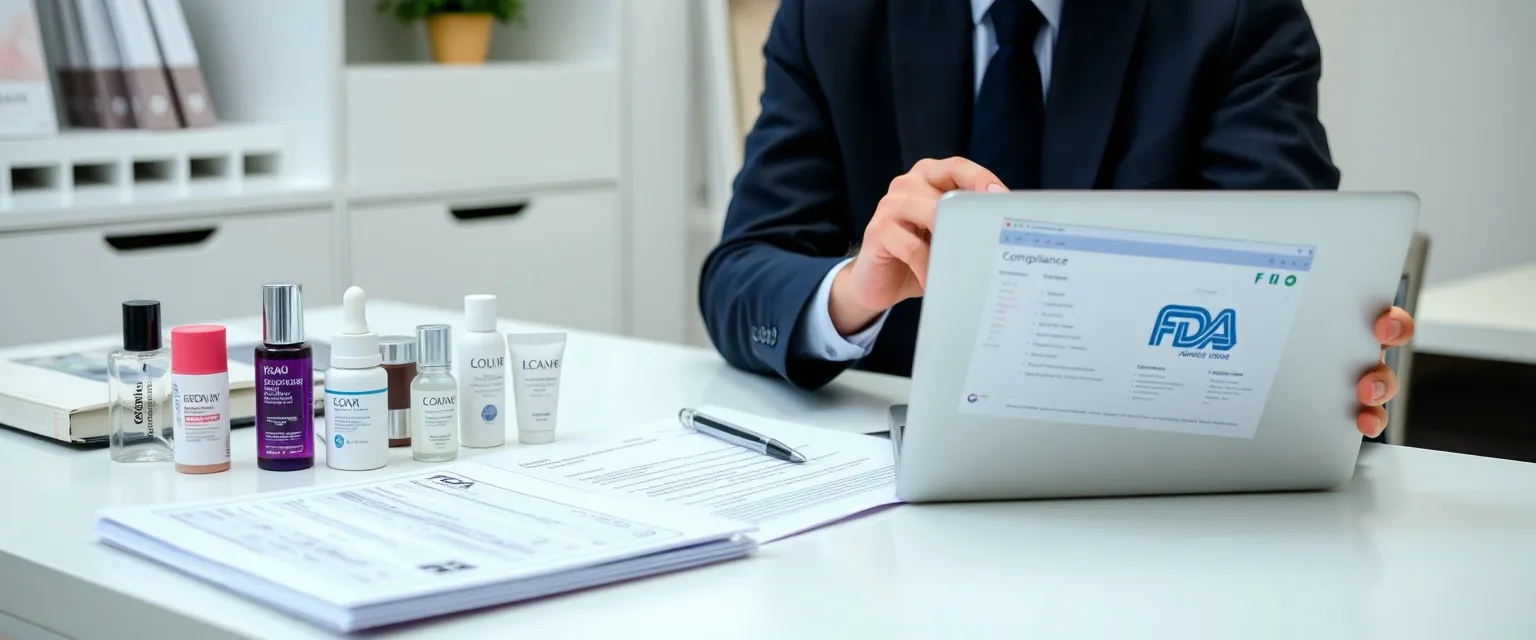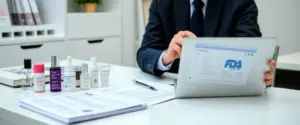
A New Era for Cosmetics Regulation in the U.S.
On December 29, 2022, U.S. President Biden signed the “2023 Consolidated Appropriations Act,” which introduced the Modernization of Cosmetics Regulation Act (MoCRA). This groundbreaking legislation marks a historic shift in the regulation of cosmetics, modernizing standards that have remained largely unchanged since 1938.
MoCRA ushers in comprehensive changes aimed at enhancing consumer safety, improving transparency, and holding cosmetic manufacturers accountable. Businesses operating in the U.S. cosmetics market must now adapt to new compliance requirements that will transform how cosmetics are manufactured, labeled, and marketed.
Major Regulatory Changes Under MoCRA
1. Mandatory Facility Registration
Cosmetic manufacturing and processing facilities, both domestic and international, are now required to register with the FDA.
- Registration must occur within 60 days of beginning operations.
- Facilities must renew their registration every two years.
- The first mandatory registration deadline was December 29, 2023.
2. Cosmetic Product Listing
All cosmetic products sold in the U.S. must be listed with the FDA.
- Existing products needed to be registered by December 29, 2023.
- New products entering the U.S. market must be listed within 120 days of their launch.
- Annual updates are required to ensure accuracy.
Who is responsible? The “responsible party”—which includes manufacturers, packagers, or distributors named on the product label—is accountable for compliance.
3. Enhanced Labeling Requirements
Labels must now include critical information to ensure consumer safety and transparency:
- Contact details (U.S. address, phone number, email, or website) for reporting adverse events. – Responsible Person
- Disclosure of fragrance allergens as outlined in Section 609.
- Professional-use cosmetics must state: “Only licensed professionals may use this product.”
4. Talc Regulations
The FDA will establish standardized testing methods to detect asbestos in talc-containing products, addressing long-standing concerns about contamination risks.
5. Adverse Event Reporting and Record Keeping
Businesses must maintain records of adverse events for six years (three years for small businesses).
- Serious adverse events must be reported to the FDA within 15 days of awareness.
6. Good Manufacturing Practices (GMP)
Facilities must now comply with GMP standards, which align with international quality control practices.
- The FDA has authority to monitor facilities and access records.
- Regulations will be finalized within three years of MoCRA’s enactment.
7. Cosmetic Safety Substantiation
Companies must substantiate the safety of their cosmetics and maintain supporting records. Products lacking safety substantiation are deemed adulterated under FDCA Section 601.
Small Business Exemptions
Small businesses with annual gross sales under $1 million are exempt from certain requirements, provided they do not engage in manufacturing or processing.
Preparing for Compliance
MoCRA represents a monumental shift in U.S. cosmetics regulation. Businesses must act quickly to align with these new standards, ensuring their products meet safety and transparency expectations.
At FDC Corp., we specialize in helping businesses navigate FDA regulations, including MoCRA compliance. Contact us today to ensure your business is ready for this new era of cosmetics regulation.



